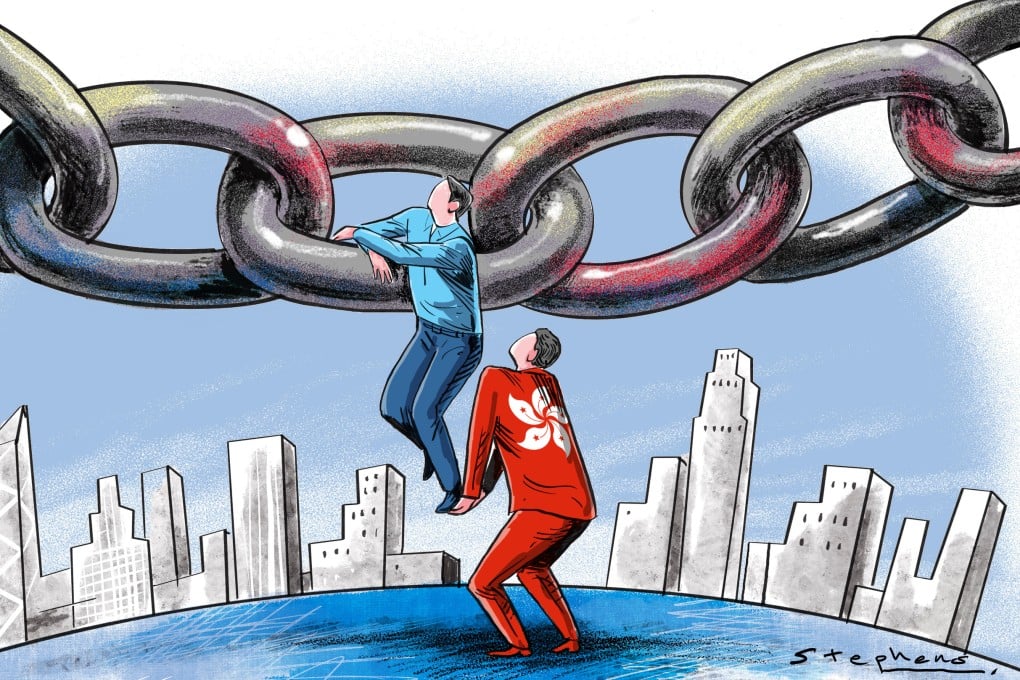Opinion | How Hong Kong can support Asia’s SMEs in era of trade disruptions
- Companies along the supply chain must adapt to new consumer and investor demands to access the finance they need to survive change – and thrive

Supply chains are becoming increasingly complex and fragmented. While these shifts are resulting in economic benefits for emerging and developing countries with strong manufacturing sectors in the Asia-Pacific, not all businesses are positioned to succeed.
Hong Kong has well-established connectivity to the world, rich history in trade and deep experience in supply chain management, finance, corporate best practice and skills upgrading. This puts it in a unique position to help prepare SMEs for the future. By doing so, Hong Kong can play a crucial role in creating jobs and alleviating poverty across the region.
In 2023, 5,798 greenfield foreign direct investments – where companies establish or expand their operations overseas – valued at US$451 billion were announced in developing economies in Asia. That is a 44 per cent year-on-year rise in overall value and a 22 per cent increase in volume, according to the United Nations Conference on Trade and Development.


